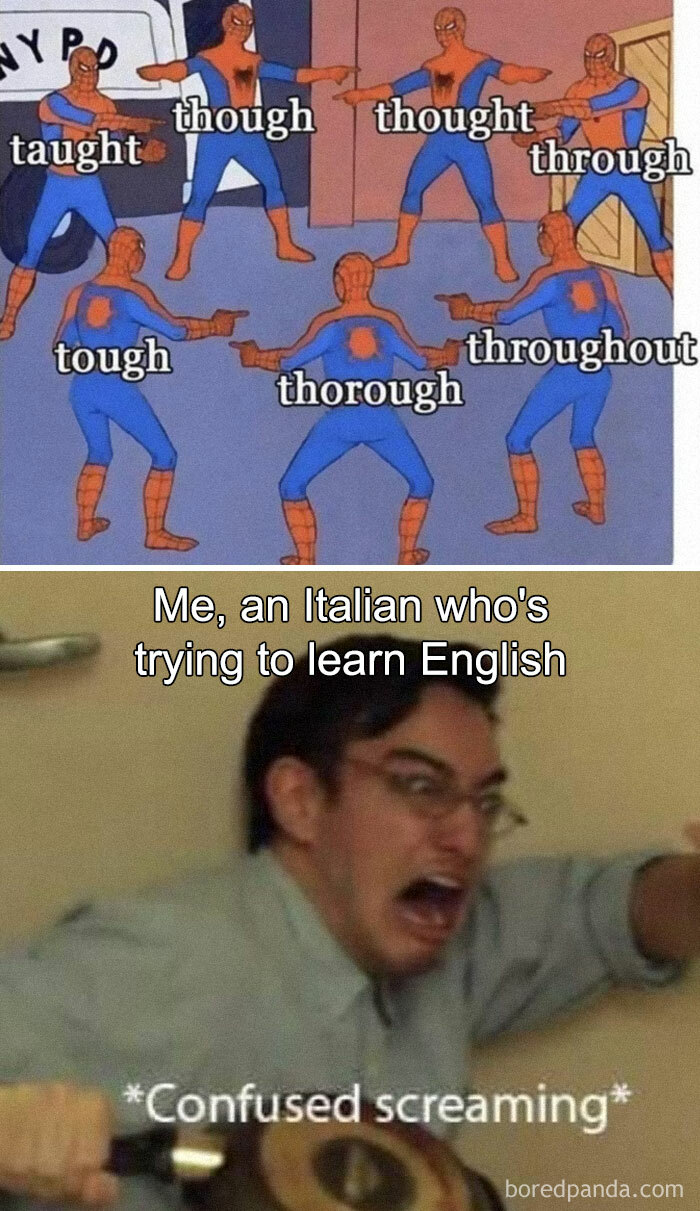this post was submitted on 07 Oct 2023
1024 points (97.5% liked)
Memes
8577 readers
313 users here now
Post memes here.
A meme is an idea, behavior, or style that spreads by means of imitation from person to person within a culture and often carries symbolic meaning representing a particular phenomenon or theme.
An Internet meme or meme, is a cultural item that is spread via the Internet, often through social media platforms. The name is by the concept of memes proposed by Richard Dawkins in 1972. Internet memes can take various forms, such as images, videos, GIFs, and various other viral sensations.
- Wait at least 2 months before reposting
- No explicitly political content (about political figures, political events, elections and so on), !politicalmemes@lemmy.ca can be better place for that
- Use NSFW marking accordingly
Laittakaa meemejä tänne.
- Odota ainakin 2 kuukautta ennen meemin postaamista uudelleen
- Ei selkeän poliittista sisältöä (poliitikoista, poliittisista tapahtumista, vaaleista jne) parempi paikka esim. !politicalmemes@lemmy.ca
- Merkitse K18-sisältö tarpeen mukaan
founded 2 years ago
MODERATORS
you are viewing a single comment's thread
view the rest of the comments
view the rest of the comments


Grammatical gender has nothing to do with social gender, it's just a simple way to communicate that there are classes of words which belong together. Some languages have gender pairs (e.g. Masculine and Feminine words), and some languages have more genders (e.g. Latin's Masculine, Feminine and Neutral). Some others yet have a mix of genders still in use and active, still in use exclusively for historical reasons, and completely unused (e.g. Portuguese has active use of Masculine/Feminine, but Neutral gender is only present as an inherited holdover.).
That's why @leftzero did answer the question - insofar as to state the question was incomplete to begin with. What does it mean to "deal with non-binaries" when a language isn't binary in its gender?
As a curiosity, the Portuguese word for "a person" is always feminine ("uma pessoa"), but for "a citizen" can be either masculine or feminine ("uma cidadã"/"um cidadão"). This is very common, and greatly illustrates how grammatical gender is largely disconnected from social gender. For an example on neutral gender, "president" takes a gendered article but is never masculine nor feminine ("um/uma presidente").
Thank you